Our papers are the official record of our discoveries. They allow others to build on and apply our work. Each one is the result of many months of research, so we make a special effort to make our papers clear, inspiring and beautiful, and publish them in leading journals.
- Date
- Subject
- Theme
- Journal
- Citations
- Altmetric
- SNIP
- Author
 Y. He
Y. He O. Gamayun
O. Gamayun J. Wang
J. Wang T. Fink
T. Fink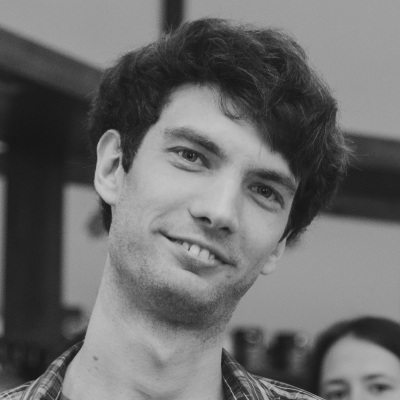 A. Stepanenko
A. Stepanenko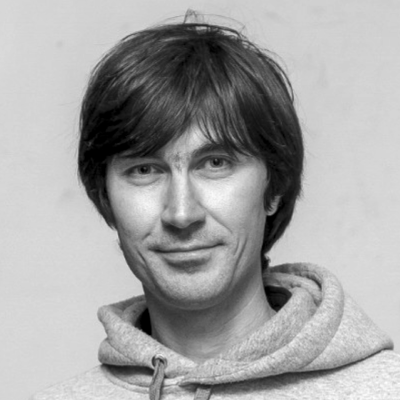 M. Burtsev
M. Burtsev A. V. Kosyak
A. V. Kosyak E. Sobko
E. Sobko F. Sheldon
F. Sheldon F. Caravelli
F. Caravelli I. Shkredov
I. Shkredov A. Sarikyan
A. Sarikyan A. Esterov
A. Esterov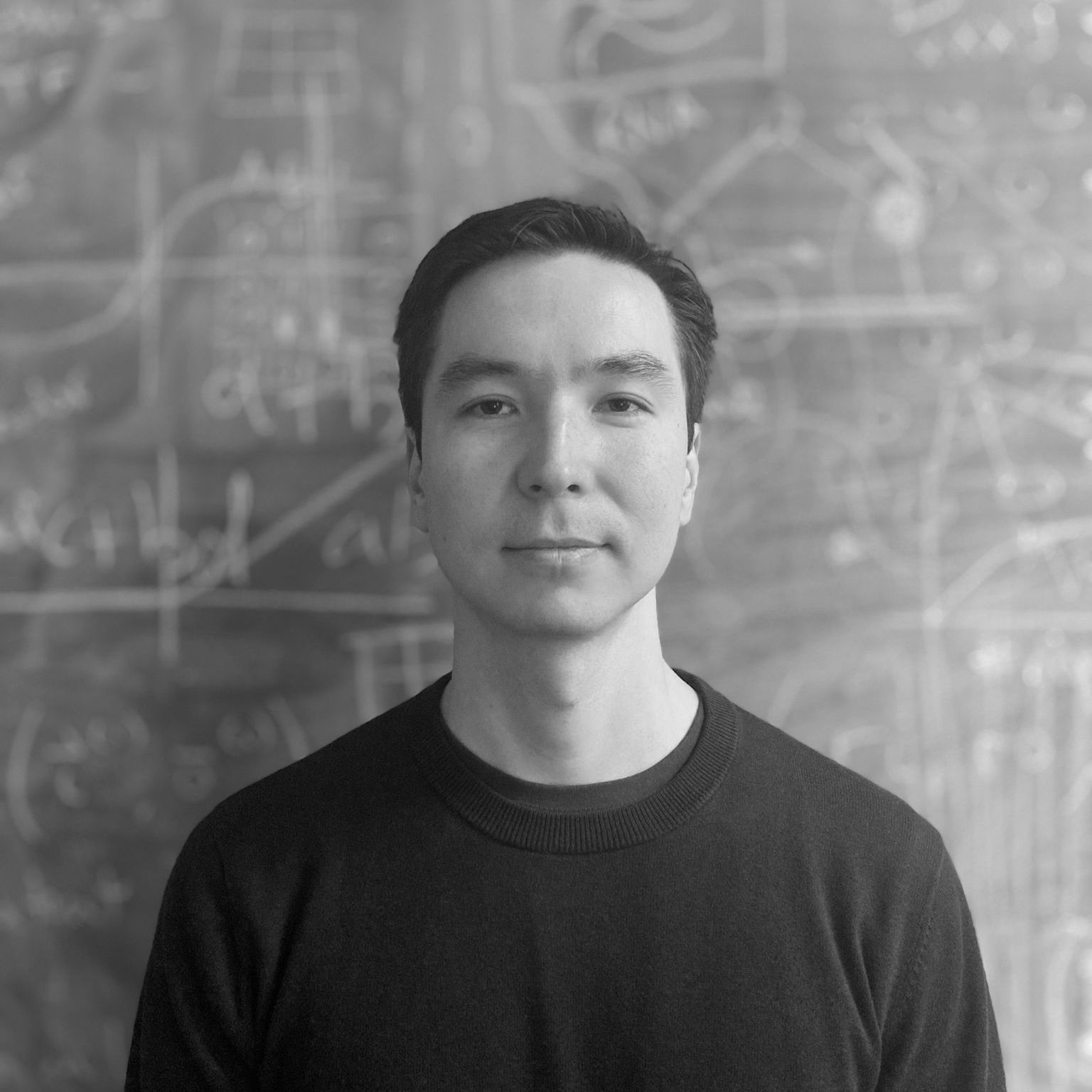 A. Ochirov
A. Ochirov M. Reeves
M. Reeves G. Caldarelli
G. Caldarelli R. Hannam
R. Hannam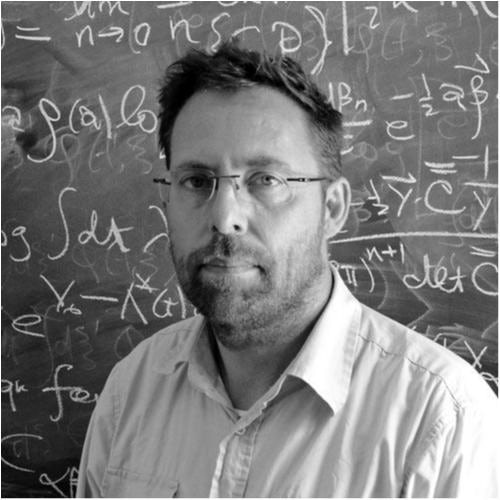 A. Coolen
A. Coolen O. Dahlsten
O. Dahlsten A. Mozeika
A. Mozeika M. Bardoscia
M. Bardoscia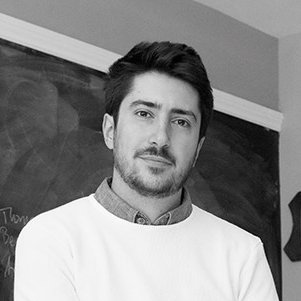 P. Barucca
P. Barucca M. Rowley
M. Rowley I. Teimouri
I. Teimouri F. Antenucci
F. Antenucci A. Scala
A. Scala R. Farr
R. Farr A. Zegarac
A. Zegarac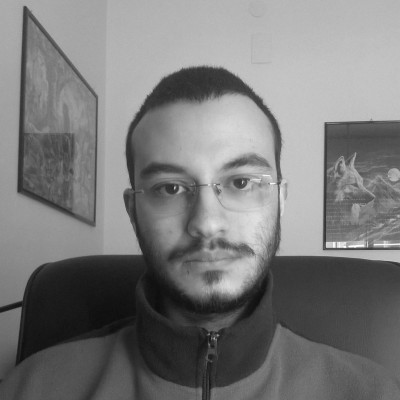 S. Sebastio
S. Sebastio B. Bollobás
B. Bollobás F. Lafond
F. Lafond D. Farmer
D. Farmer C. Pickard
C. Pickard T. Reeves
T. Reeves J. Blundell
J. Blundell A. Gallagher
A. Gallagher M. Przykucki
M. Przykucki P. Smith
P. Smith L. Pietronero
L. Pietronero
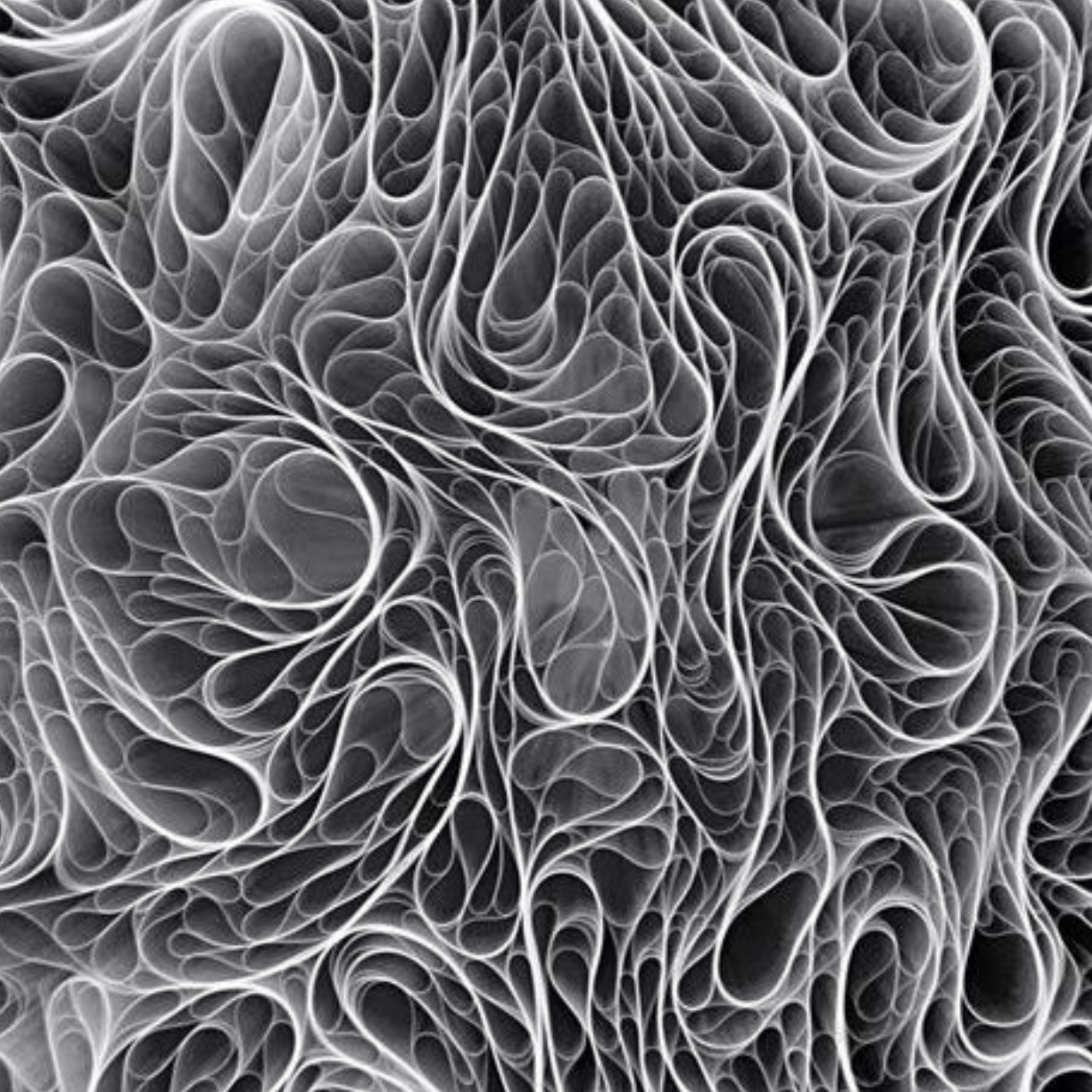
Graph theory
Transitions in loopy graphs
The generation of large graphs with a controllable number of short loops paves the way for building more realistic random networks.

Inference
Exact linear regression
Exact methods supersede approximations used in high-dimensional linear regression to find correlations in statistical physics problems.
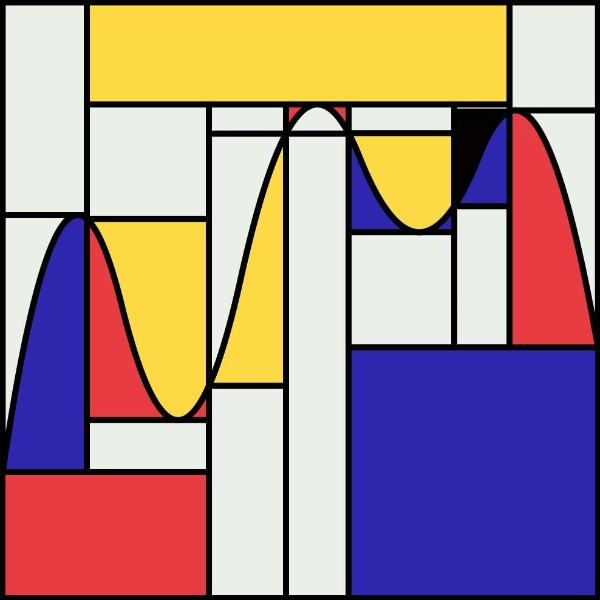
Statistical physics
Replica analysis of overfitting
Statistical methods that normally fail for very high-dimensional data can be rescued via mathematical tools from statistical physics.
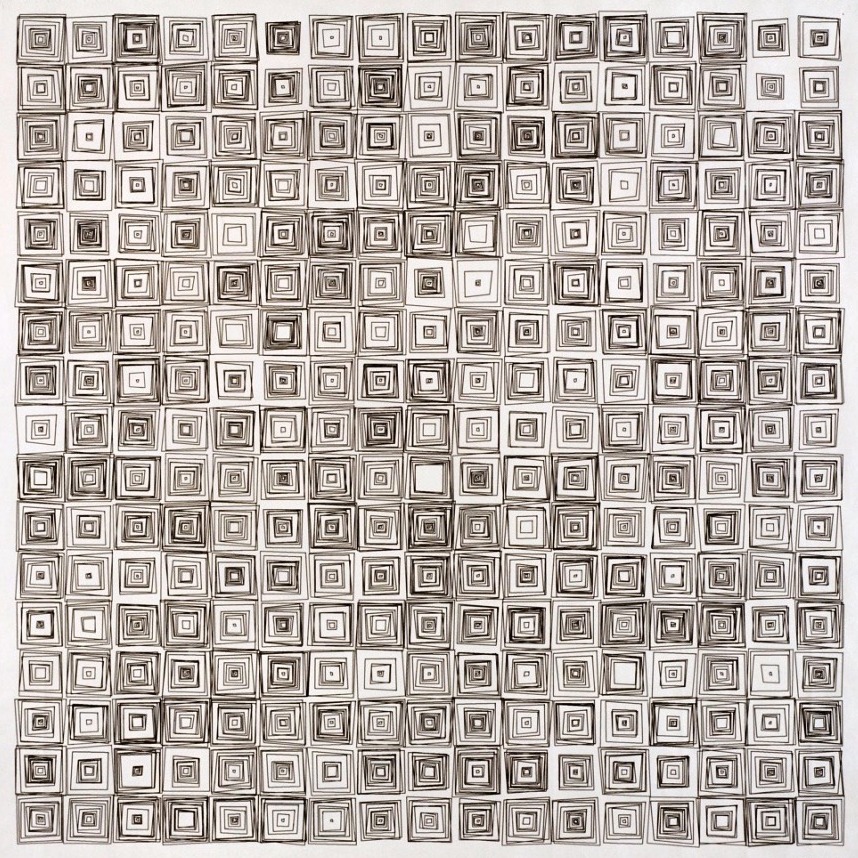
Inference, Statistical physics
Replica clustering
We optimize Bayesian data clustering by mapping the problem to the statistical physics of a gas and calculating the lowest entropy state.
Graph theory
Exactly solvable random graphs
An explicit analytical solution reproduces the main features of random graph ensembles with many short cycles under strict degree constraints.
Biological networks
Protein interaction experiments
Properties of protein interaction networks test the reliability of data and hint at the underlying mechanism with which proteins recruit each other.
Statistical physics
Spin systems on Bethe lattices
Exact equations for the thermodynamic quantities of lattices made of d-dimensional hypercubes are obtainable with the Bethe-Peierls approach.
Graph theory
Random graphs with short loops
The analysis of real networks which contain many short loops requires novel methods, because they break the assumptions of tree-like models.
Graph theory
Entropies of graph ensembles
Explicit formulae for the Shannon entropies of random graph ensembles provide measures to compare and reproduce their topological features.
Biological networks
Multitasking immune networks
The immune system must simultaneously recall multiple defense strategies because many antigens can attack the host at the same time.
Mathematical medicine
Multi-tasking in immune networks
Associative networks with different loads model the ability of the immune system to respond simultaneously to multiple distinct antigen invasions.
Graph theory
Unbiased randomization
Unbiased randomisation processes generate sophisticated synthetic networks for modelling and testing the properties of real-world networks.
Biological networks
What you see is not what you get
Methods from tailored random graph theory reveal the relation between true biological networks and the often-biased samples taken from them.
Statistical physics
Dynamics of Ising chains
A transfer operator formalism solves the macroscopic dynamics of disordered Ising chain systems which are relevant for ageing phenomena.
Graph theory
Tailored random graph ensembles
New mathematical tools quantify the topological structure of large directed networks which describe how genes interact within a cell.